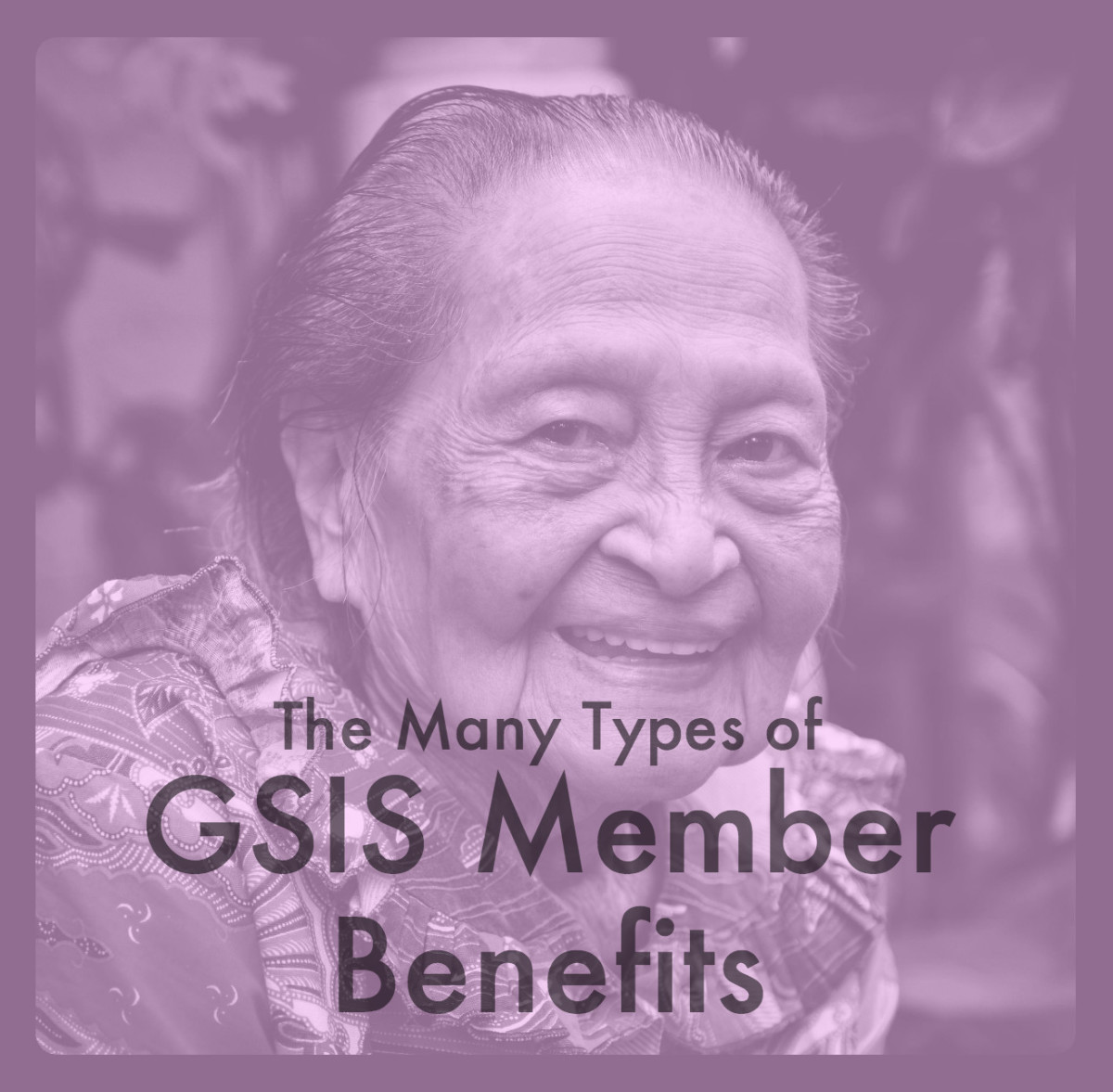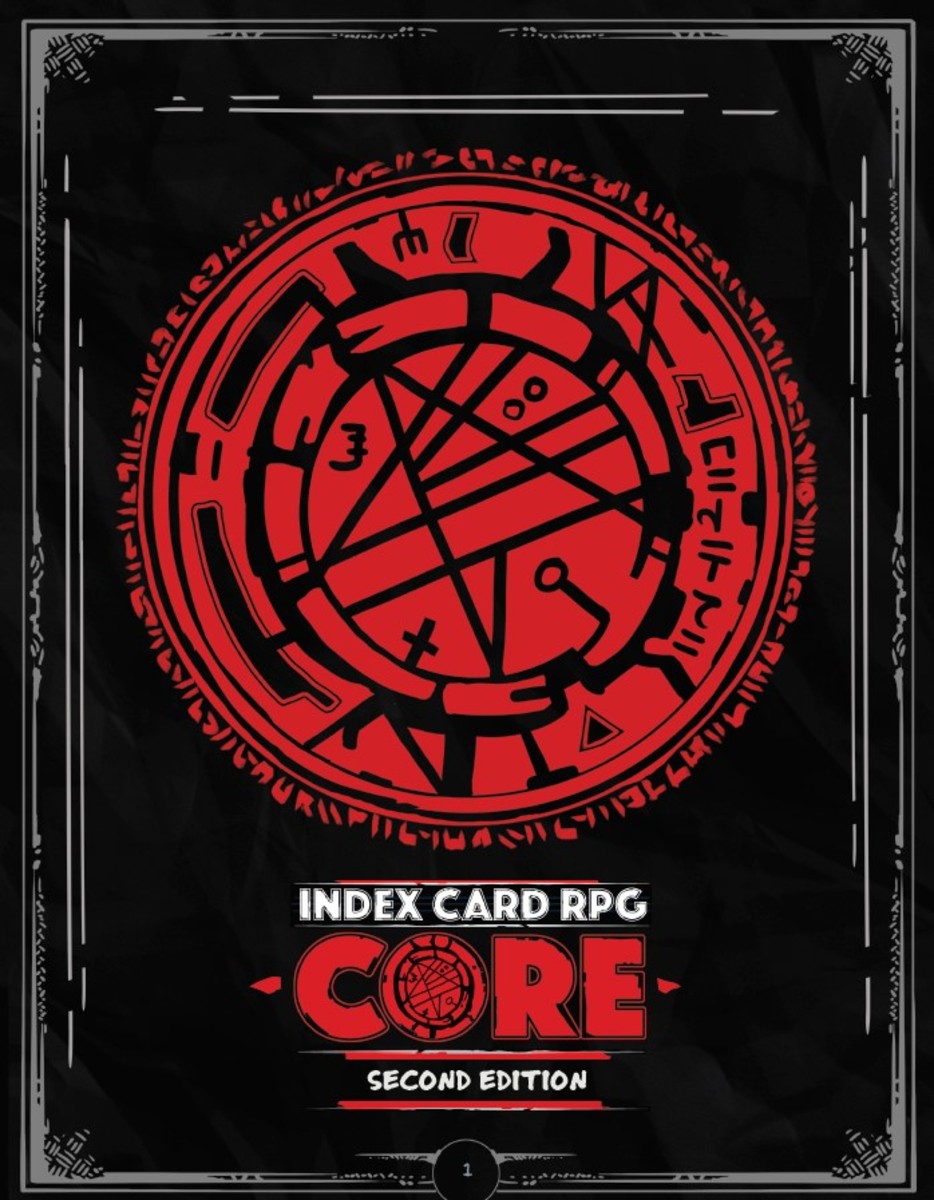IRA Beneficiary
Understanding Your Beneficiary’s Rights and Options
Fundamentally, it is very essential for you to understand that your Individual Retirement Account (IRA) has the same policies as life insurance plans, wherein you are able to delegate a rightful beneficiary to receive the money you’ve contributed upon your demise. If you fail to duly name your IRA beneficiary or if the one you chose to benefit from your contributions fails to live on and you didn’t name a contingent beneficiary, the terms of your IRA will order whose going to receive your money. Because of this, you should appropriately review your designation of beneficiary to guarantee that your IRA will meet your retirement objectives.

IRA Beneficiary Rules and Regulations
You must anticipate that the rules and regulations in relation to inherited IRAs are quite complex as stipulated in the tax code, though the January 2001 proposed rules somehow simplified certain concerns. In 2002, a final ruling was issued that delineates a new table for life expectancy of contributors, wherein almost all taxpayers are granted a break based on the new rules. One simple rule regarding the beneficiary of IRAs is that the full amount of contributed funds of any IRA withdrawal or distribution to a particular heir will strictly be subjected to federal tax income; just as if the original owner carried out the distribution.
Rules of IRA Inheritance
It is important for your IRA beneficiary to learn about the general rules of IRA inheritance. As a universal rule, after the demise of the IRA owner, the beneficiary can get the contributed funds throughout his or her life expectancy. The calculation of the remaining life expectancy of the beneficiary is estimated by using the beneficiary’s age in the year after the IRA owner’s demise and reduced by one for every consequent year. Your beneficiary can check the IRS tables for executing these calculations.

IRA Beneficiary Options
The beneficiary should make the first withdrawal not later than the 31st of December of the year subsequent to the year of the owner’s death. Though, this appears to be simple, the rules are quite delicate. For instance, if you put the name of your property as your foremost beneficiary, it will not be eligible as an “elected beneficiary” for purposes of this particular rule. Furthermore, if you have a spousal IRA or have appointed your four children as your respective beneficiaries, their approach in doing withdrawals will depend on the life expectancy of your oldest son or daughter.
It is very vital to take note that there are special rules that apply if the IRA owner failed to predetermine a beneficiary. The rules vary depending upon if the retirement plan’s original owner died before or after his or her “required beginning date”.
Other Types of IRA Beneficiaries
It is very vital to take note that there are special rules that apply if the IRA owner failed to predetermine a beneficiary. The rules vary depending upon if the retirement plan’s original owner died before or after his or her “required beginning date”.
If a surviving spouse is the contributor’s sole IRA beneficiary, he or she has options, which are not available to other types of beneficiaries. These options include: the right of the surviving other half to start making distributions no later than the date the IRA owner reaches the age of 70 ½. The spouse can also opt to treat the retirement plan as his or her own IRA. A surviving life partner or spouse is the only beneficiary that can perform this rollover opportunity to find the best rollover IRA for you.
More IRA Advice
- Rollover My 401k
fter you’ve decided to work for another company, you may be one of those people asking: what are the practical and useful steps that I should take and why should I rollover my 401k plan? When changing an employer, you have four options to look at. - How to Open a Roth IRA
Here are some simple steps that you can perform on how to open a Roth IRA effortlessly. Many people claim and declare that the Roth IRA is one of the most efficient and result-oriented retirement savings option available for eligible individuals. - 401k Loan
Is 401k Loan Beneficial or Not? Get free 401k loan advice on how to take a loan from your 401k plan. - Roth IRA Advice
The best tool you can have in preparation for your retirement is to educate yourself about Roth IRAs and several retirement investing options.








